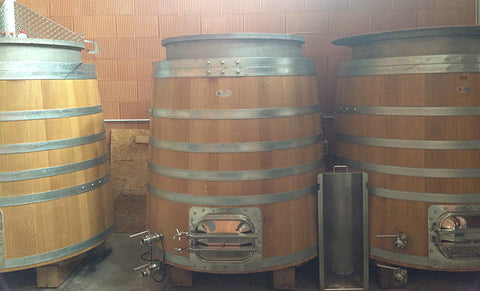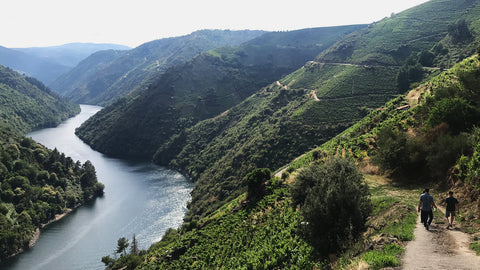Half of the allure of Pinot Noir is its capacity to shift its shape, to act as a lens that we can focus on terroir, winemaking, or vintage variation. The other half of its appeal is that good Pinot Noir is about as killer a drinking experience as you’re likely to run into. It’s a tough grape to grow but everybody seems to want to plant it. The grape likes cool, wet, difficult to farm regions. It is thin-skinned and susceptible to all kinds of pests, molds and mildews. Exactly the kind of nasty stuff that likes cool, wet, difficult to farm regions. If a winemaker manages to care for the grape well enough to harvest good fruit they have to resist the urge to over-ripen, over extract, and over oak their wines. Letting Pinot Noir do what it does is especially hard for growers on the hunt for big point scores or grocery store placements. Muscle sells. While beauty and power aren’t mutually exclusive, most “powerful” bottlings of Pinot Noir are just gross manipulations of something that could have been wonderful. For Pinot Noir to be its special self, winemakers needs to be supremely disciplined and very thoughtful.

That intersection is exactly where where Hans-Bert Espe and Silke Wolf stand. Their tiny winery, Shelter, is in Germany’s Baden. It’s a narrow wine region that stretches from north to south along The country’s south eastern border with France. Shelter is about a 30 minute drive north of Kaiserstuhl, in an unusually cool spot on the edge of the Black Forest. Here, Pinot noir thrives on limestone and loess soils. Hans-Bert and Silke Wolf capitalize on the natural air conditioning the forest provides. Their fruit is intensely perfumed and their wines are high in acid and relatively low in alcohol - as Pinot Noir should be. From the vineyard to the winery, they do everything they can to preserve this character. Hans-Bert and Silke farm without herbicides and pesticides and harvest by hand. In the winery they cold soak the grapes, destem them and then gently press them. Natural fermentation happens in open-top fermenters. The wine is barrel-aged in mostly neutral oak before being bottled. The result of their meticulous planning and all that hard work are wines that just soar. They’ve got all the aromatic intensity and site-specificity you’d expect from a bottle of really good Burgundy. LOVELY LILLY has to be a groundbreaking wine. Bright, juicy, mineral with poppy red cherry, raspberry, a bit of that fuzzy, mossy Black Forest on the nose - it’s everything I want in bottle of Pinot Noir. But it’s just so inexpensive.
Just to sum this up for you, this is a wonderful bottle of site-specific Pinot Noir from a responsible, human scale winery for less than $30/bottle.
I’d expect to pay $60 if this wine was from Burgundy. Luckily it’s not.





